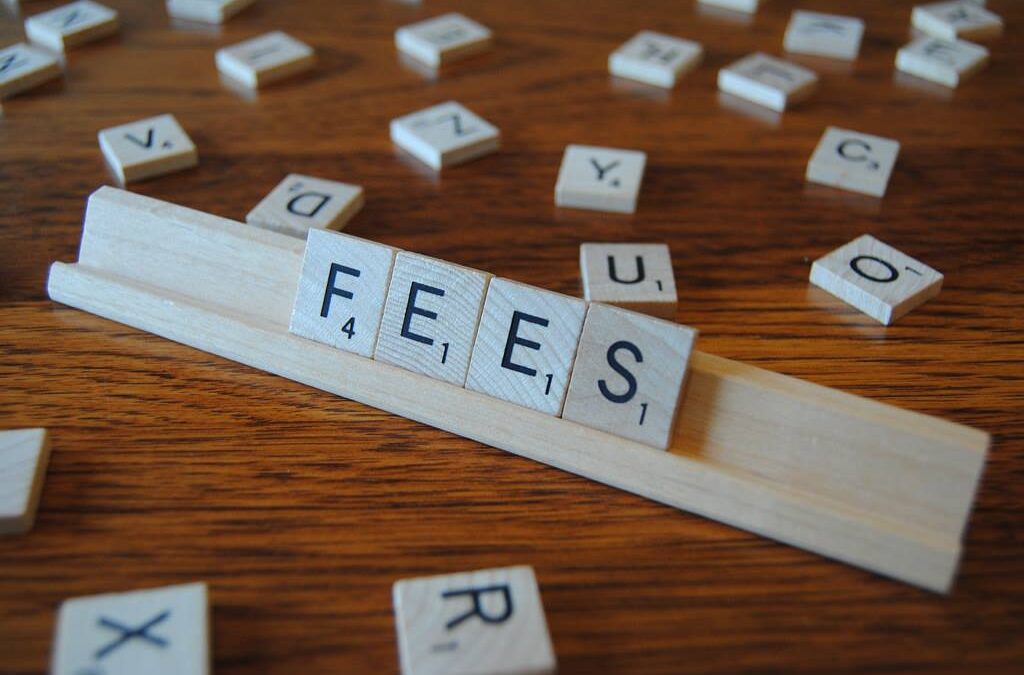Property management has long been a field cluttered with businesses coming and going. For property owners, it can be difficult to track down a reliable property manager and get solid answers about what their services will cost you. Nevertheless, having a highly qualified property manager on your team can reduce your stress and transform your real estate business overnight. Here are a few of the most common fees related to property management firms and how they are used:
The Setup Fee
This initial fee covers the time it takes for you to set up a new account with the management firm. Typically, this involves a bit of information gathering about the specifics of each property in your portfolio. You will also be setting up billing information to allow your property managers to either bill you directly for their services, or take the money out of your incoming rent and deposit the rest to your account. Some companies don’t charge a setup fee at all, but others can be up to $300 up front.
Ongoing Management Fees
The ongoing management fees you pay to the property manager are the meat of your contract. This number may differ based on how many properties you own, where they are located, the current condition of those properties and more. Owners who only have a few properties or properties in low rent areas can expect to pay 10 to 12 percent of the rent collected for property management services. On the other hand, investors who have many properties, multi-unit buildings, and high-end properties can expect to pay a lower percentage, between 4 and 8 percent. Properties located close together and properties in nicer neighborhoods are typically easier to manage and bring in higher returns.
Side note: It is important you review your contract for phrases like “rent collected” or “rent due”. Fees taken out of rent collected only apply when a tenant actually pays. If the property is vacant or if a tenant has fallen behind on rent, you are not responsible for paying those fees until the property manager is able to collect rent. Fees based on “rent due” need to be paid even if there is no tenant currently in the unit. They are based on the amount you are asking for rent, and you will be personally responsible for paying them one way or the other.
Leasing Fee
The leasing fee is applied when the property management firm has to find a new tenant for your property. This includes accepting applications, screening applicants and showing the house. This fee can be anywhere from 25 to 100 percent of the first month’s rent collected.
Ask your property manager how long will it take them to find tenants and whether you are allowed to advertise on your own to fill the vacancy as well. All of these factors can impact how much you actually pay long-term on keeping the property filled. On the other hand, some companies have the leasing fee rolled into their ongoing management fees, and you won’t pay a premium to the actual tenant screening process. This can help level out your monthly expenses and encourages property managers to find long-term tenants and take fewer risks with your property.
Vacancy Fee
Lastly, ask your property management firm about their vacancy fee policy. Not all property managers charge a vacancy fee; however, some management firms charge $50-100 for a vacant property just to keep it listed on their roster, even while they search for a tenant. This is money is typically drawn from “rent due” and you will be expected to pay no matter how long it takes them to fill the spot.
When you are searching for the right property management firm to partner with, you need to have a solid understanding of what fees will be involved. Not all companies are structured the same, so these guidelines may present themselves in other ways like flat-rate services. Make sure you do your research and understand which services are actually covered in your contract and the management firm uses highly qualified repairmen and agents to handle your property. You don’t want to be overpaying for bad work and careless managers who let your property fall apart.

